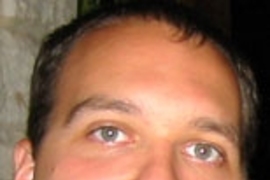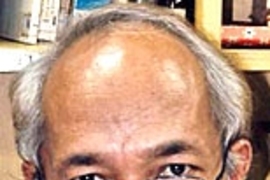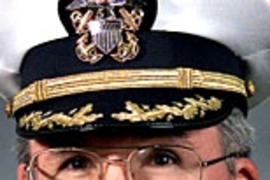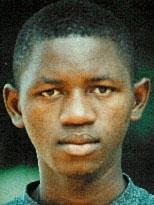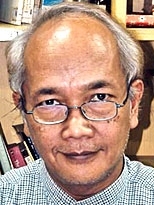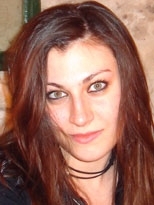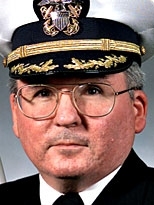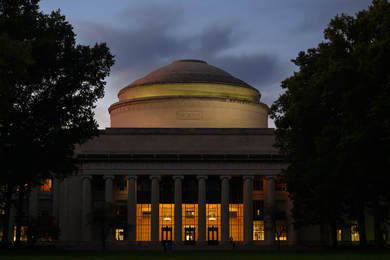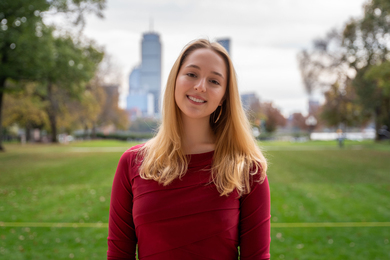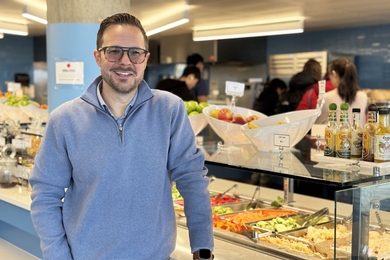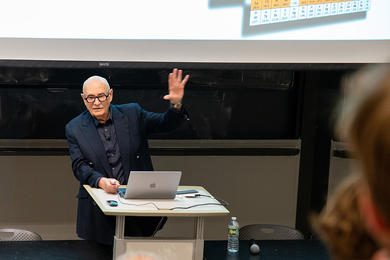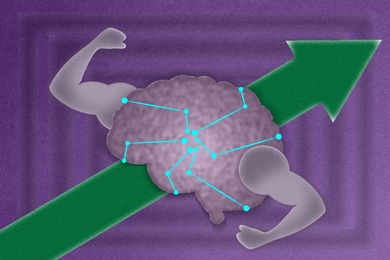Five years ago today, in an unprecedented step toward making knowledge accessible worldwide, MIT announced it would make the materials for nearly all of its courses available on the Internet.
Since then, MIT OpenCourseWare (OCW) has flourished beyond all expectations. Educators around the world are extracting pedagogy, ideas and teaching tools from the MIT course materials -- including syllabi, course notes, assignments, problem sets and lab notes -- to fine-tune their own offerings at their home universities.
OCW now stands as a new model for disseminating knowledge, serving as a sort of "shared intellectual commons" available to educators and learners around the globe.
The accolades pour in from around the world. "Students need to know about this," says Kunle Adejumo, a student at Ahmadu Bello University in Nigeria. "I couldn't find the information I needed [for a metallurgical engineering course], so I went to OCW."
"No one has to be lost in ignorance anymore all around the world," says Lorenzo Parini, a user from Milan, Italy.
Shen Xin, an experienced engineer in Chengdu, China, was interested in the MBA program at MIT's Sloan School of Management but did not have time to go to school. He's studying online through OCW. "I am very happy to learn the MIT OCW program and visit your web site," he says. "It is very useful."
"We're really happy about what's happening," said Harold Abelson, professor of electrical engineering and computer science, who has been working with OCW since the beginning.
There are now 1,285 sets of course material available on the OCW web site at http://ocw.mit.edu. There have been nearly 20 million unique visits to MIT OCW content since Oct. 1, 2003. In February alone, there were an average of more than 36,000 visits to the site daily.
"We're getting traffic from virtually every country on earth. From a very simple but profound idea, OCW has grown into a global movement" now used daily by thousands of people worldwide, according to Jon Paul Potts, communications manager for OCW.
Visitors include educators elsewhere (17 percent), students everywhere (32 percent) and a huge audience defined as "self learners" (49 percent).
The program has won numerous awards, including the 2005 Tech Museum of Innovation Laureate, honoring the use of educational technology to solve global problems, and the Computerworld Laureate, honoring OCW as the best IT education initiative of 2004.
The impact of OCW is indeed global, with nearly 80 mirror sites of OCW installed on university campuses around the world. MIT course materials have been translated into Chinese, Spanish, Portuguese and Thai. And, more than 50 other universities and colleges have launched their own OCW projects, offering their own course materials free, via the Internet, to anyone, in various languages. The growing list includes major universities and other learning centers in the United States, plus many more in China, Spain, Portugal, Japan, France and Vietnam.
One educator from Indonesia summed it up: "I was surprised that such a renowned university as MIT would freely give access to almost all of its educational information to the world," said Triatno Harjoko, an architecture professor at the University of Indonesia in Depok.
"Critical thinking and creativity demand the liberalization of learning and information," he said. "But I also believe that it's not simply the information that's valuable, but also the glimpse it offers into how MIT has structured its teaching and research to become such a prestigious institution."
A version of this article appeared in MIT Tech Talk on April 5, 2006 (download PDF).
